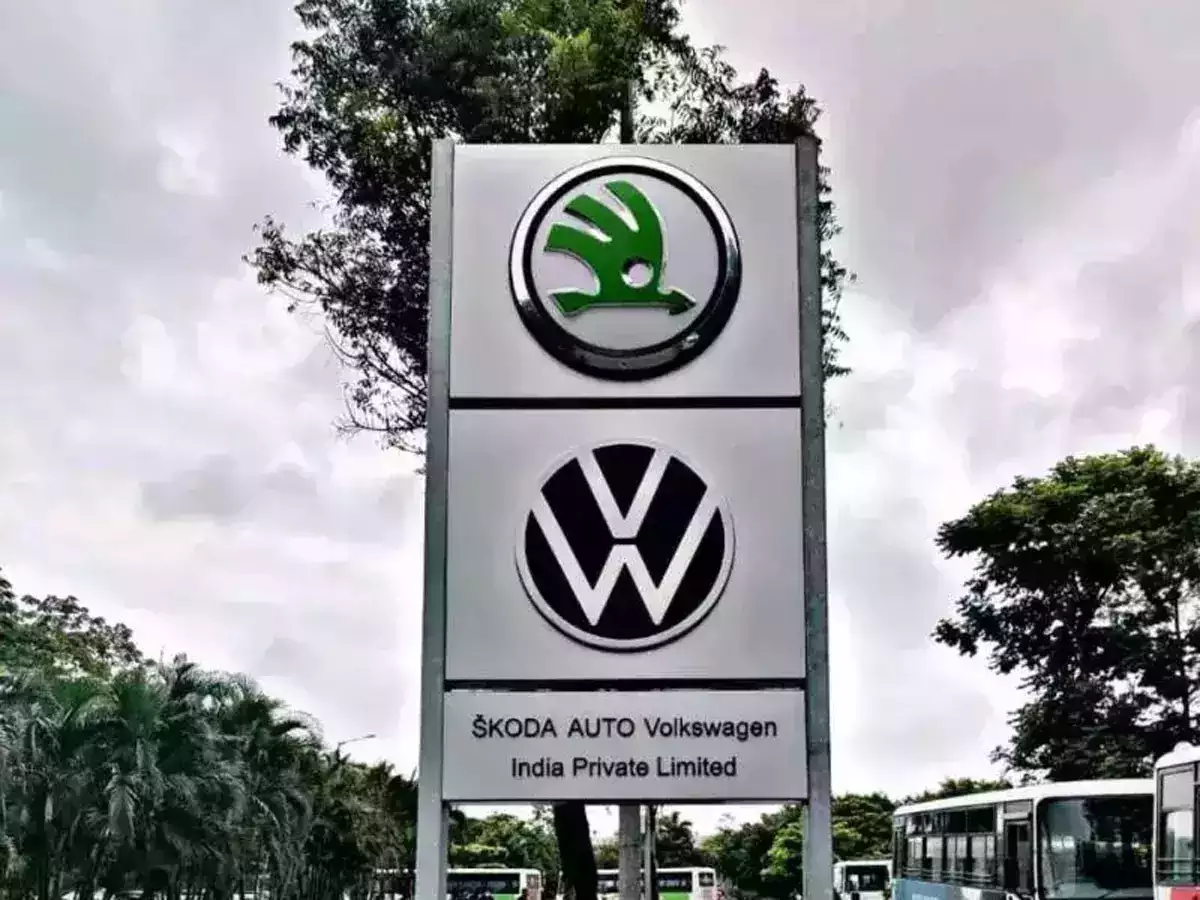No halt on Skoda Auto Volkswagen consignments over INR 11,000 crore tax demand: Customs dept to Bombay HC

The Customs Department informed the Bombay High Court on Monday that it will not stop any consignments belonging to Skoda Auto Volkswagen India Pvt Ltd in light of the ongoing tax dispute, which involves a demand of over USD 1.4 billion.
Skoda Auto Volkswagen India has filed a case against tax authorities over a show cause notice demanding INR 11,000 crore (approximately USD 1.4 billion) for alleged customs duty fraud related to the import of cars as completely knocked down (CKD) units. The company had approached the Bombay High Court to challenge the notice.
In a statement. on February 3, Skoda Auto Volkswagen India confirmed it is exploring all legal options in response to the show cause notice, as allowed under the law.
"Skoda Auto Volkswagen India is committed to operating as a responsible organization, ensuring full compliance with all relevant global and local laws and regulations," the company had. "Compliance with regulatory requirements is one of the company's fundamental principles, and we are fully cooperating with the authorities on this matter."
The Volkswagen Group, led by Skoda Auto Volkswagen India in India, has been issued the show cause notice over alleged customs duty fraud concerning cars imported as CKD units. The fraud claim is related to parts imported under the CKD route, which attracts a higher import duty.
The alleged customs duty fraud is focused on cars imported under the CKD method, where parts are brought in and then assembled in India. Models such as the Octavia, Superb, Kodiaq, Passat, Jetta, and Tiguan, sold by various Volkswagen Group brands, have been assembled in India using this method.
The authorities claim the group misled customs by importing parts as individual units rather than as components of a CKD unit, a practice that would have incurred higher import duties.

